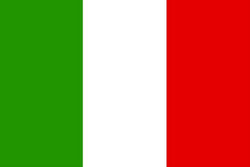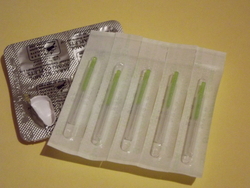A systematic review of 31 trials looking at treatment of chronic headaches, including migraine and tension headaches, by acupuncture, medication, non-drug treatments and sham acupuncture, concluded that acupuncture was superior to both medication and sham acupuncture, in improving headache intensity, frequency and response rate.
(Acupuncture for the Management of Chronic Headache: A Systematic Review. Anesthesia & Analgesia, December 2008.)


 An audit of almost 6000 patients who attended a pain clinic in Spain over a nine year period, including those treated with acupuncture for headache pain, revealed an average success rate of 79.7%. For the audit, “success” was defined as an improvement of at least 50% in five factors: pain intensity, pain frequency, consumption of painkillers, level of incapacity, and sleep disturbance.
An audit of almost 6000 patients who attended a pain clinic in Spain over a nine year period, including those treated with acupuncture for headache pain, revealed an average success rate of 79.7%. For the audit, “success” was defined as an improvement of at least 50% in five factors: pain intensity, pain frequency, consumption of painkillers, level of incapacity, and sleep disturbance. 